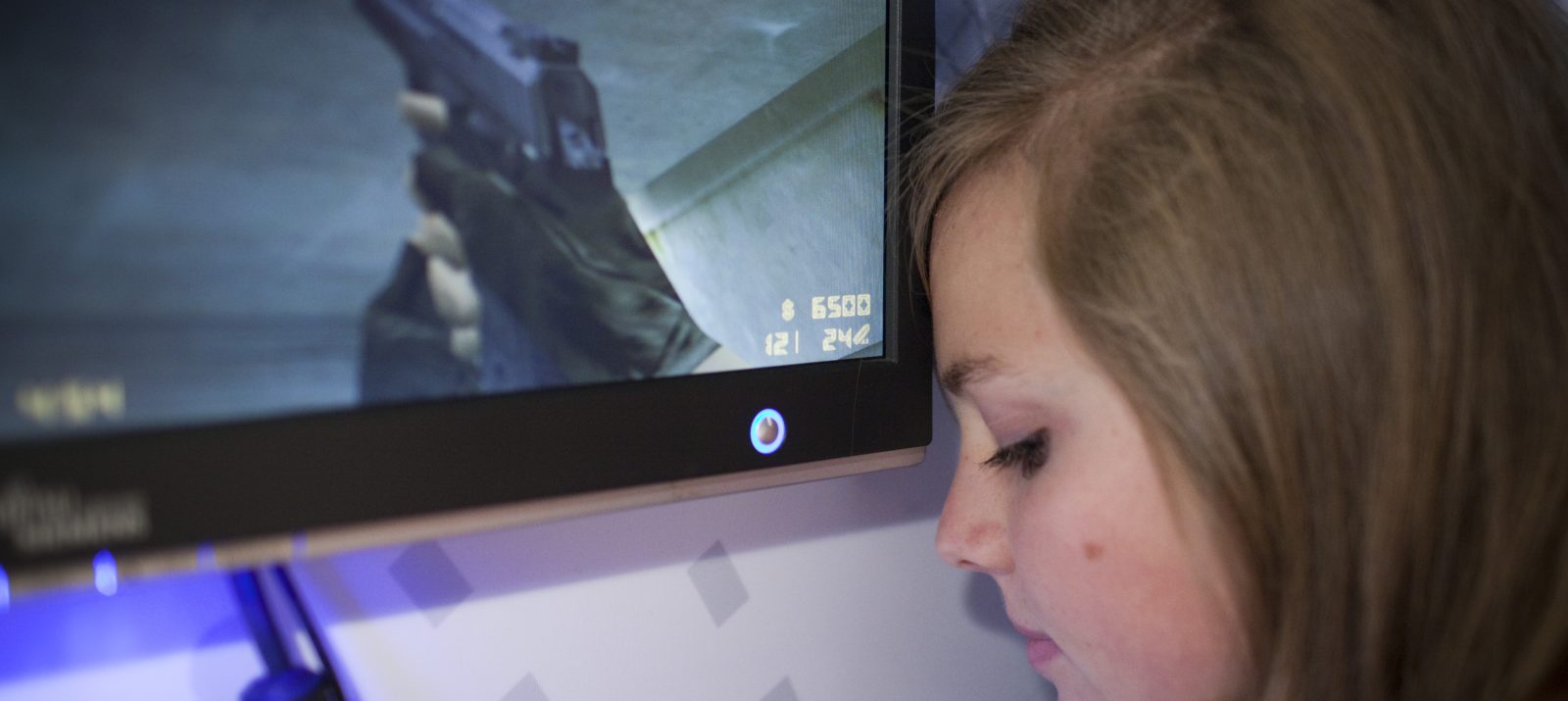
When it comes to the question of whether media use can make people violent, computer games are often discussed, especially the so-called first-person shooters. Parents, teachers and even some scientists fear a direct and negative effect on children and young people. The biggest concern: the content could inspire real acts of violence. This has not yet been proven. A game alone does not make you aggressive or violent.
In games that involve using violence to take out other characters, gamers look at the game world from their character’s perspective. So in these first-person shooters, it looks like you’re running and shooting through a 3D world with a gun yourself. Famous shooters are Counter-Strike , Battlefield, Call of Duty . This game genre is enormously successful and has become an indispensable part of the scene. Fortnite is considered particularly sensitive because it mixes elements from first-person shooters with childish and friendly graphics and therefore appeals to young gamers.
It is believed that games containing violence can have a negative effect on children and adolescents. That is why the USK, as part of the protection of minors in the media, checks all games and sets age limits. The older a child is, the better he or she can distinguish between play and reality.
When it comes to the portrayal of violence, the USK checks, among other things, whether the game appears dark and threatening or rather bright and positive, whether the game characters look like people and you can see red blood, whether gamers can identify with the character, and whether acts of war are glorified or also criticized. Depending on how many criteria are combined, a decision is made as to the age at which the game may be made available to children and young people. However, games with a higher age rating are sometimes particularly appealing to young people because they want to test their limits.
Computer games, like other media, can have negative effects in extreme cases, for example, if they are used too much and there is no balance to media use.
Some of the communication in gamer forums and chats is pretty harsh and mean and can scare your child. But that doesn’t mean it has to happen with your child. Because such effects vary from person to person, because each person behaves differently in certain situations. Children and adolescents who are also otherwise prone to violence, are often alone, and have no other interests are more at risk than others. No one becomes aggressive or violent because of a game with violent content.
The youth release should be respected. The older your child is and the less insight you have into their media use, the more difficult this is for you. That’s why you should stay in conversation with your child. Ask what is fascinating about it and question depictions of violence. Your child may explain that the game is also about skill, athletic goals, puzzles, or solving problems together. Most of the time, it’s not just about violence alone, otherwise it would also quickly become boring. Let them tell you or show you the game. You should also explain to your child why you insist that he or she play only age-appropriate games.
Talk to other parents if your child pretends that the others are already allowed to play a game despite the age restriction. Perhaps you can agree on rules together that also apply to the best friend.
More information is available at the USK’s Parents’ Guide.